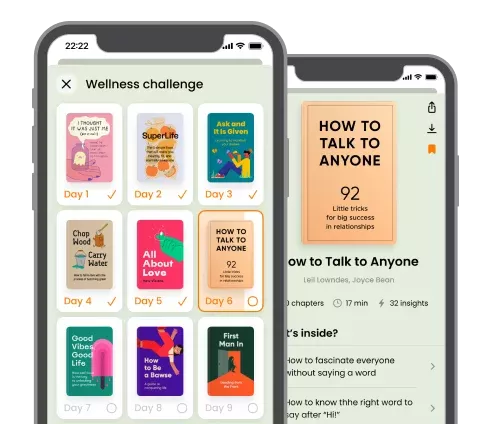5 Best Books about the Internet
Discover a collection of insightful books about the internet, covering its history, impact, and future. Gain valuable knowledge on the digital world.
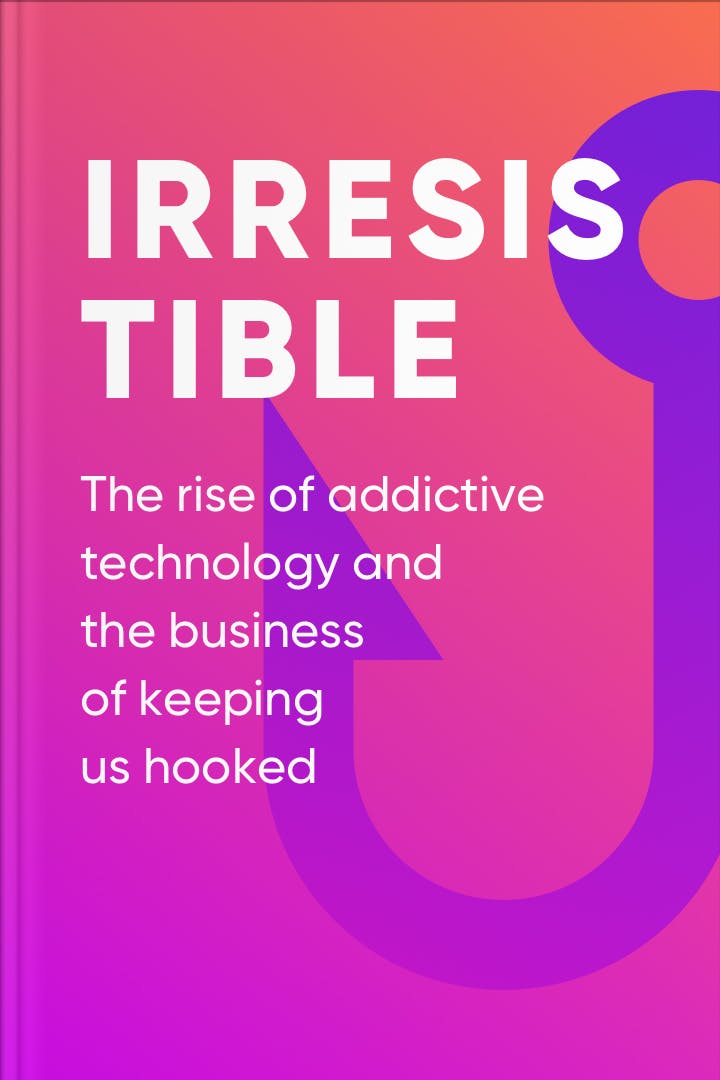 1
1Irresistible
by Adam Alter
What is Irresistible about?
"Irresistible" delves into the pervasive influence of addictive technology on our lives, exploring how it captivates our attention and shapes our behaviors. Drawing on extensive research, Adam Alter exposes the strategies employed by tech companies to keep us hooked, from social media platforms to video games. With alarming insights, he reveals the psychological and societal consequences of our increasing reliance on these addictive technologies, urging us to regain control and find a healthier balance in the digital age.
Who should read Irresistible
Technology users seeking to understand the psychological impact of addictive apps.
Business professionals interested in the strategies behind addictive technology.
Parents and educators concerned about the effects of technology on children.
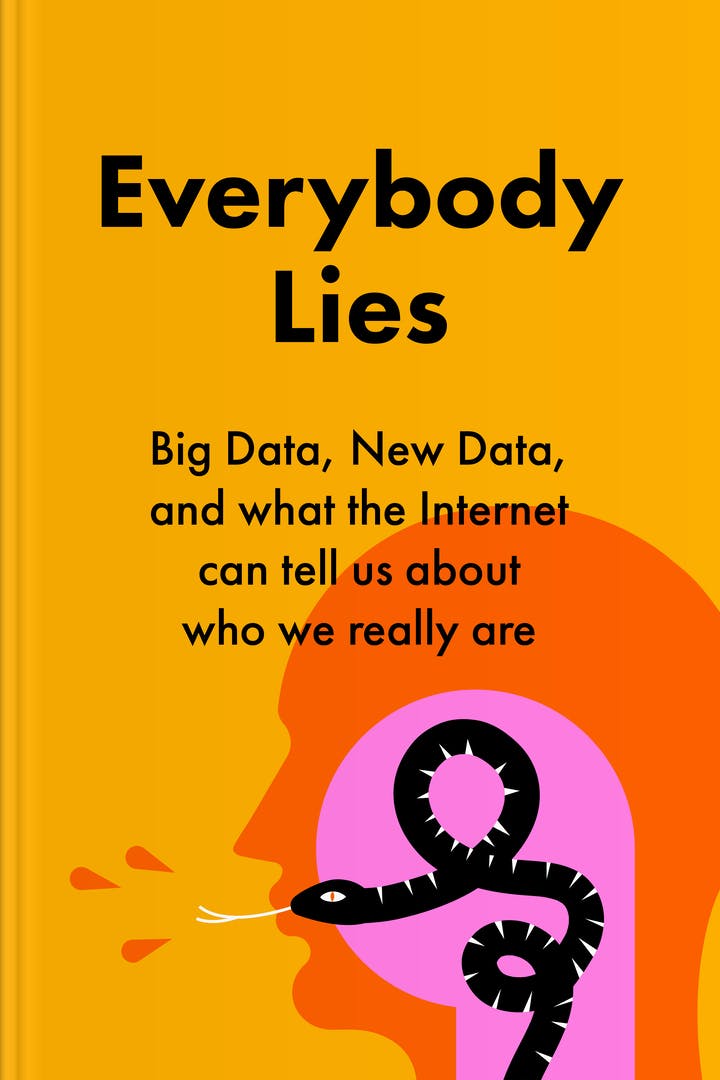 2
2Everybody Lies
by Seth Stephens-Davidowitz
What is Everybody Lies about?
In this thought-provoking book, the author explores the hidden truths about human behavior that can be uncovered through analyzing big data from the internet. By delving into the vast amount of information people share online, Stephens-Davidowitz reveals surprising insights into our deepest desires, fears, and prejudices. From uncovering the real reasons behind our Google searches to exposing societal biases, this book offers a fascinating glimpse into the true nature of humanity as revealed by the internet.
Who should read Everybody Lies
Data enthusiasts and researchers interested in uncovering hidden truths about human behavior through big data analysis.
Psychologists and sociologists seeking to gain insights into human nature and societal trends using internet data.
Individuals curious about the untold stories and secrets revealed by analyzing internet search data.
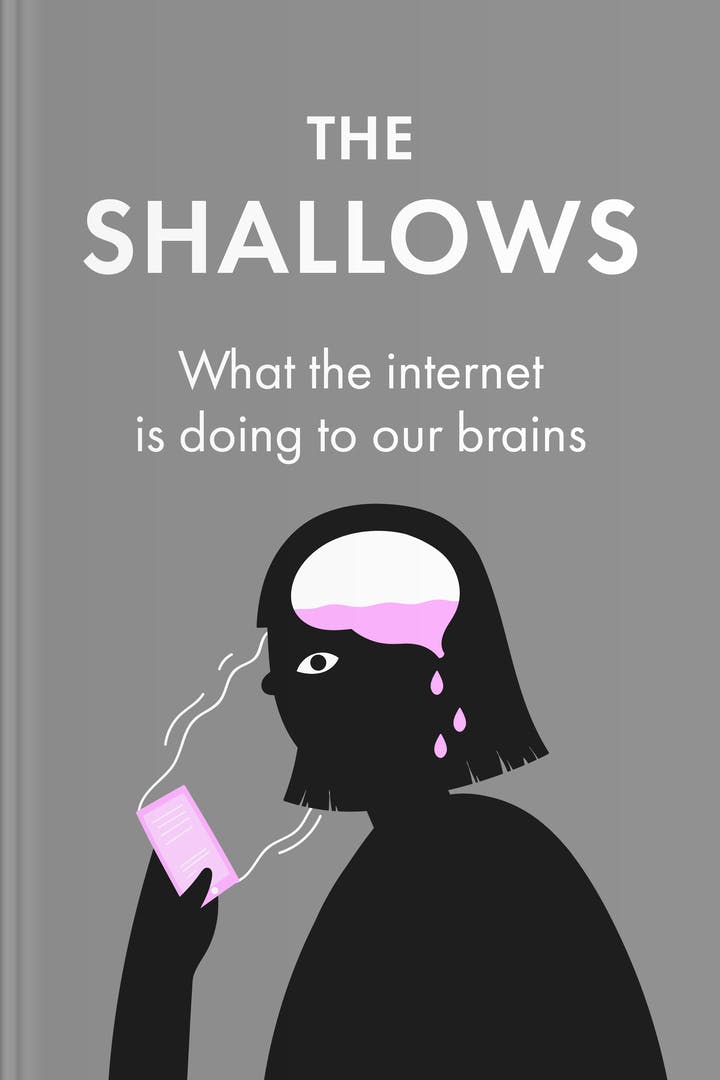 3
3The Shallows
by Nicholas Carr
What is The Shallows about?
"The Shallows" explores the profound impact of the internet on our cognitive abilities and the way we think. Nicholas Carr delves into the science behind how our brains adapt to the constant distractions and information overload of the digital age. He argues that our ability to concentrate, reflect, and engage in deep reading is being eroded, ultimately shaping our minds in ways we may not fully comprehend.
Who should read The Shallows
Individuals interested in understanding the impact of the internet on cognitive abilities.
Parents concerned about the effects of technology on their children's development.
Researchers and academics studying the relationship between technology and cognition.
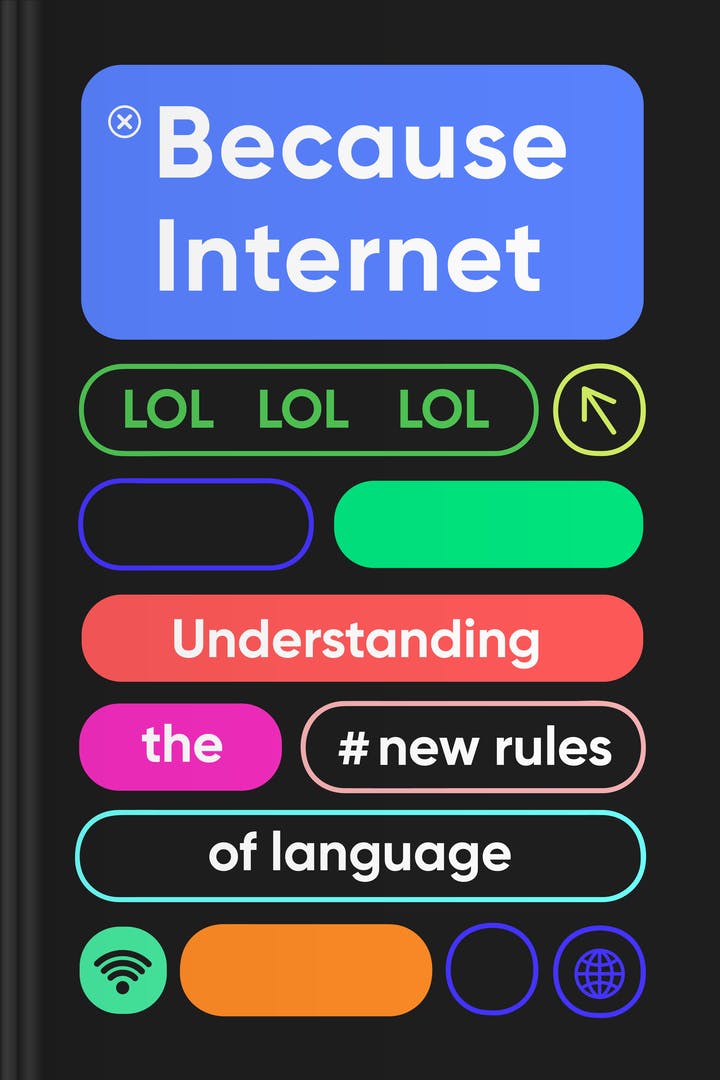 4
4Because Internet
by Gretchen McCulloch
What is Because Internet about?
In this insightful book, the author explores the fascinating evolution of language in the digital age. From emojis to memes, Gretchen McCulloch delves into the impact of internet communication on our linguistic norms. With a blend of linguistic analysis and personal anecdotes, she uncovers the new rules and nuances that shape our online conversations. "Because Internet" is a captivating exploration of how language adapts and thrives in the ever-changing digital landscape.
Who should read Because Internet
Language enthusiasts seeking to explore the impact of internet communication.
Linguistics students and researchers interested in digital language evolution.
Social media users curious about the influence of internet language.
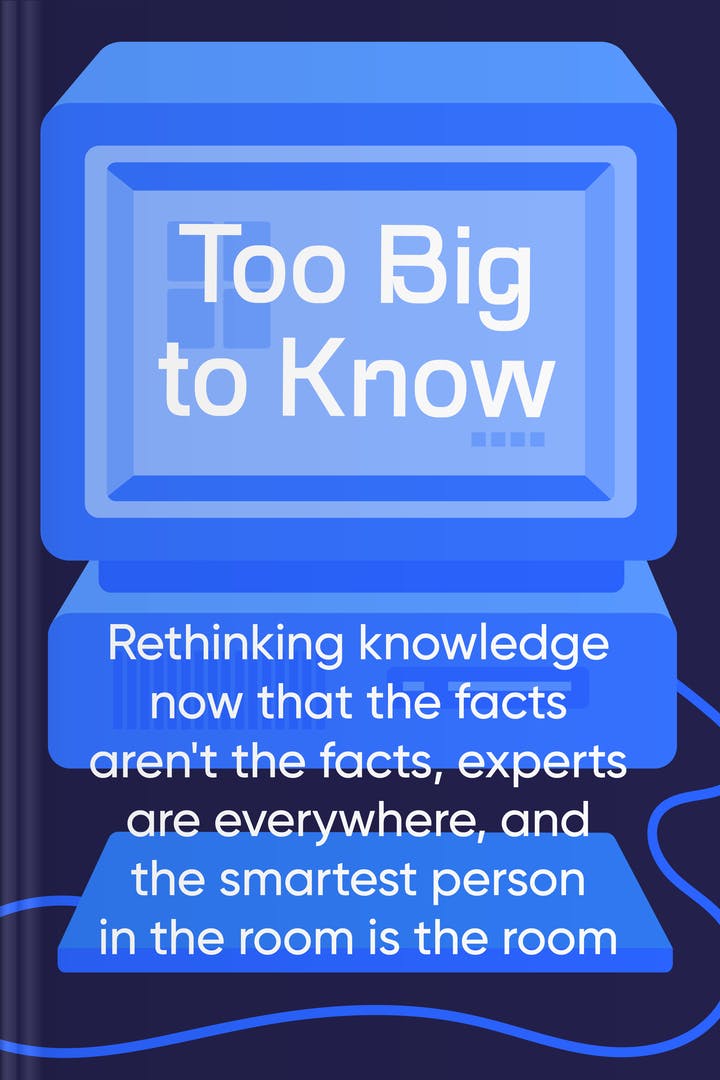 5
5Too Big to Know
by David Weinberger
What is Too Big to Know about?
In this thought-provoking book, David Weinberger challenges traditional notions of knowledge in the digital age. He explores how the internet has transformed the way we acquire and share information, blurring the lines between facts and opinions. With experts and vast amounts of data readily available, he argues that knowledge is no longer confined to individuals but emerges from the collective intelligence of online communities. A must-read for anyone seeking to understand the evolving nature of knowledge in our interconnected world.
Who should read Too Big to Know
Students and academics seeking a fresh perspective on knowledge.
Professionals in the information age grappling with the changing landscape.
Individuals interested in the impact of technology on knowledge.
